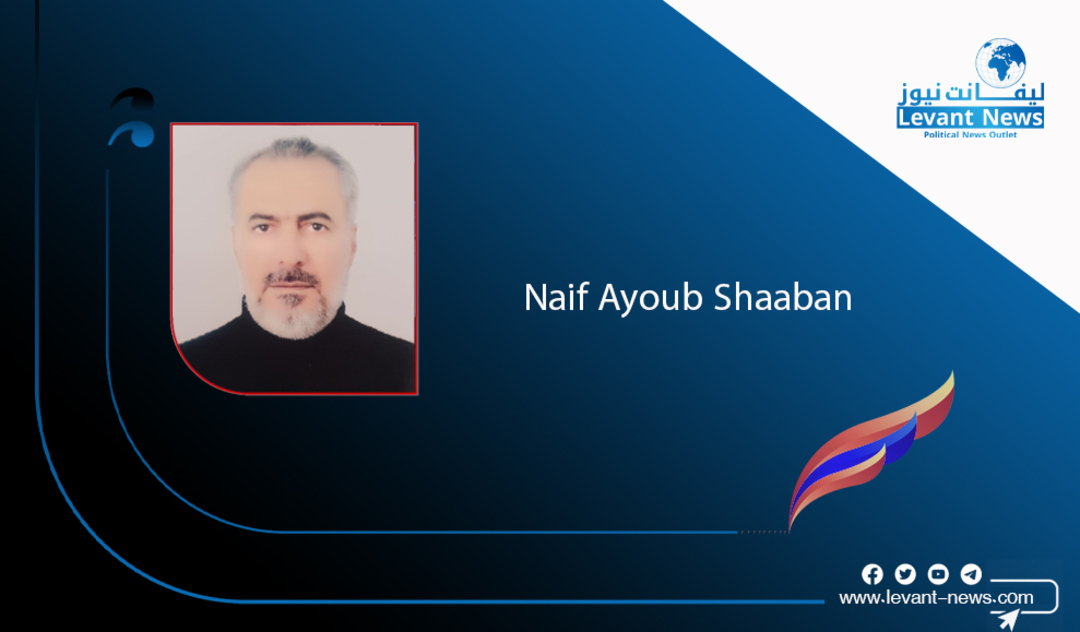-
Has the Syrian people truly abandoned their revolution?

And can a revolution born from dignity, oppression, and blood be reduced to a mere memory?
Those who know the pulse of the people inside Syria, who listen closely to the language of silence and the expressions of exhaustion, understand that nothing has been settled yet. The Syrian has not accepted what happened, nor abandoned what they rose up for.
Indeed, despite the accumulated pain and dispersion, the revolution still lives in the collective conscience—as an incomplete trust, a deferred promise, not as a finished story.
Yet, at the same time, transformations around us are accelerating at a concerning pace, prompting reflection and worry.
What does this repeated Israeli escalation mean?
Is it a calculated pressure tactic, a push toward further extremism, or are they field messages sent inward and outward that say: there is no solution but through humiliating normalization?
Have oppressed and exhausted people become a guaranteed environment for silence? Or are there silent buildups of tension, waiting for an explosive moment that no one can foresee or contain?
Amid this uncertainty, another alarming factor emerges:
The absence of transparency, the vagueness of decision-making, and the disconnect between those managing the reality and those living its consequences.
How is it that many fateful developments concerning the country's security are first known through Western media or leaks, rather than local sources?
Don’t people have the right to know? To be addressed? To be listened to?
Should a country be run as if it were a closed field, where its people are not entitled to ask what’s happening, while major decisions move forward without discussion or clarification?
The wounds of the revolution are still open—there’s no genuine transitional justice, no transparent accountability, and no responsible media, only lifeless rhetoric and statement formats we’ve grown tired of over decades.
This absence is not a mere administrative detail—it is part of a deep crisis of trust.
So how can we build a future without mutual trust?
How can people be convinced of a national project that doesn’t start with justice or cleanse the land of crime?
How can our local scene be separated from the scenes of killing and starvation in Gaza?
Aren’t they all expressions of the same dysfunction?
Of a system that crushes peoples, and a world that either conspires with its silence or participates with its voice?
Do these scenes of hunger, bombardment, and betrayal contribute to shaping a new consciousness—one that may be sharp, resentful, or rebellious against all old narratives?
Here arises the fundamental question:
Are we truly prepared for the near future?
Do we have a clear vision for managing the upcoming phase?
Are we working to fortify the internal front, eliminate excuses, and build a coherent national discourse?
Or are we still trapped in an unresolved moment—between the thrill of an incomplete victory and the euphoria of apathy that warns of slow erosion?
And is the silence of revolutionary elites today a silence of wisdom—or a retreat from responsibility?
Is the political and social arena truly ready to open up to critique, review, and correction?
Or are we still closing files under the excuse of a “critical juncture,” while time slips through our fingers?
Reality does not wait for the hesitant, nor does it acknowledge those who think denial is an alternative to solutions.
Perhaps the most dangerous thing about this phase is that the major questions remain suspended—without answers, and without genuine will to seek them.
Perhaps the first step on this path is to admit that there is still a burning ember beneath the ashes...
And to ask ourselves honestly:
Will we wait for the wind to ignite it, or will we take the initiative—consciously and responsibly—to reshape the present before it is reshaped for us?
Most of us live with the same questions in different forms, but it is the same confusion. The chaos on social media is evidence of a damaged awareness, and a division rooted in anger and dissatisfaction.
By researcher and writer /Naif Ayoub Shaaban
You May Also Like
Popular Posts
Caricature
opinion
Report
ads
Newsletter
Subscribe to our mailing list to get the new updates!




















